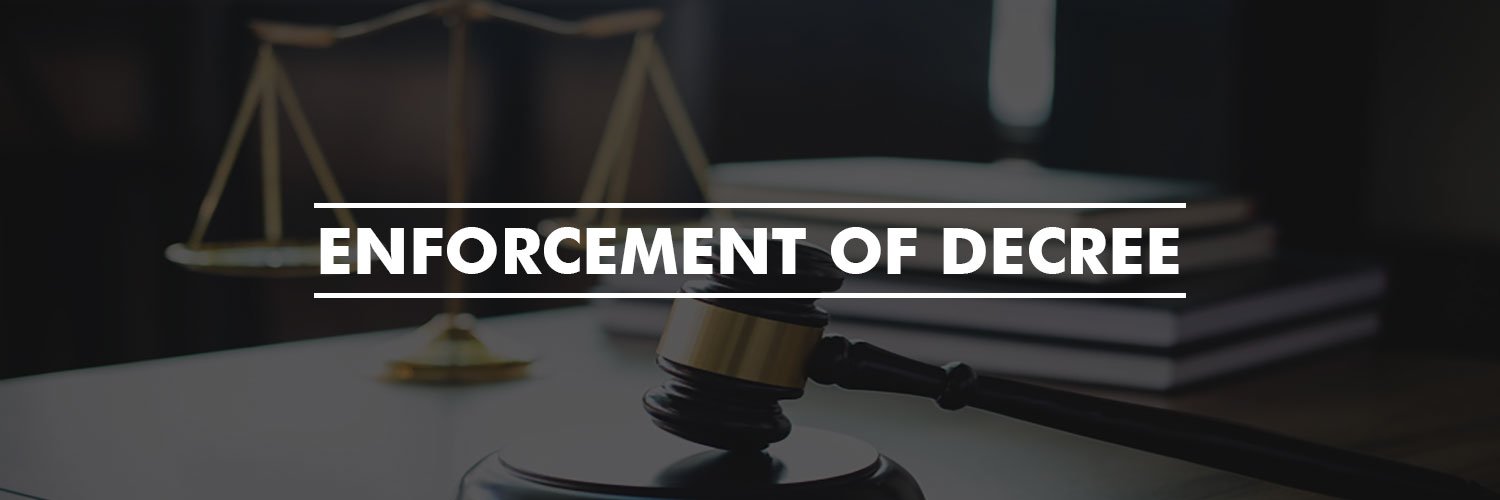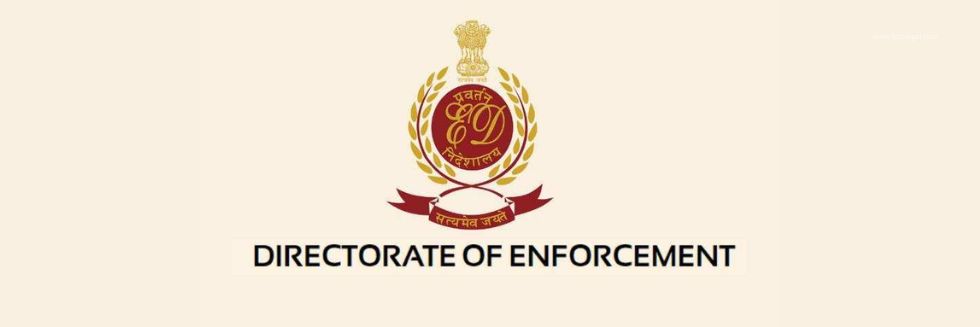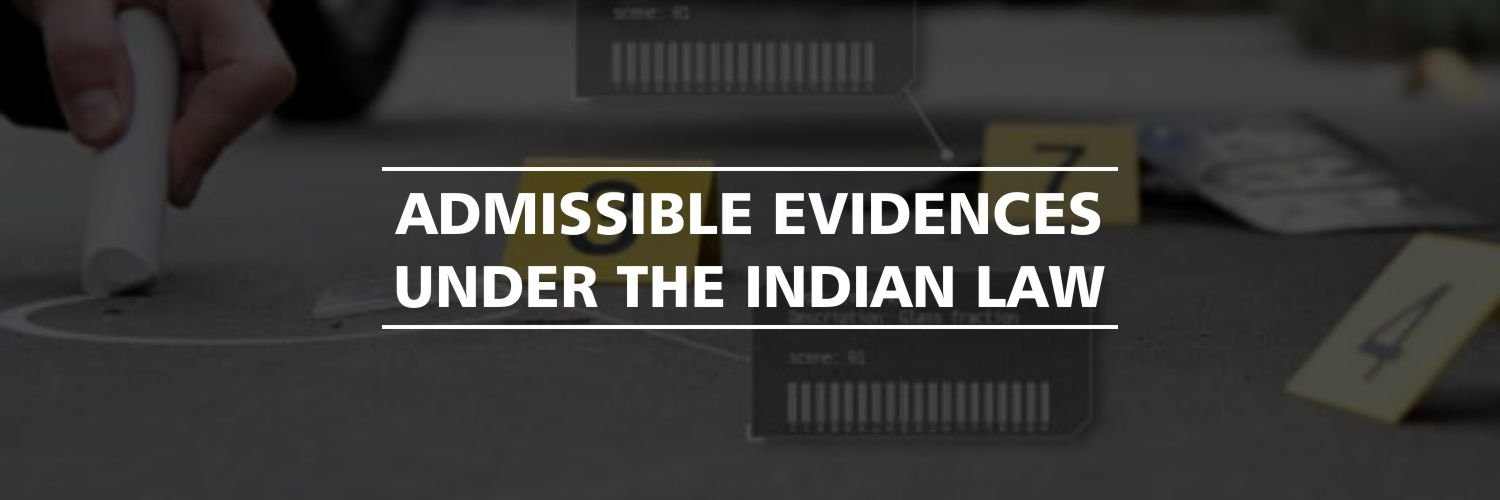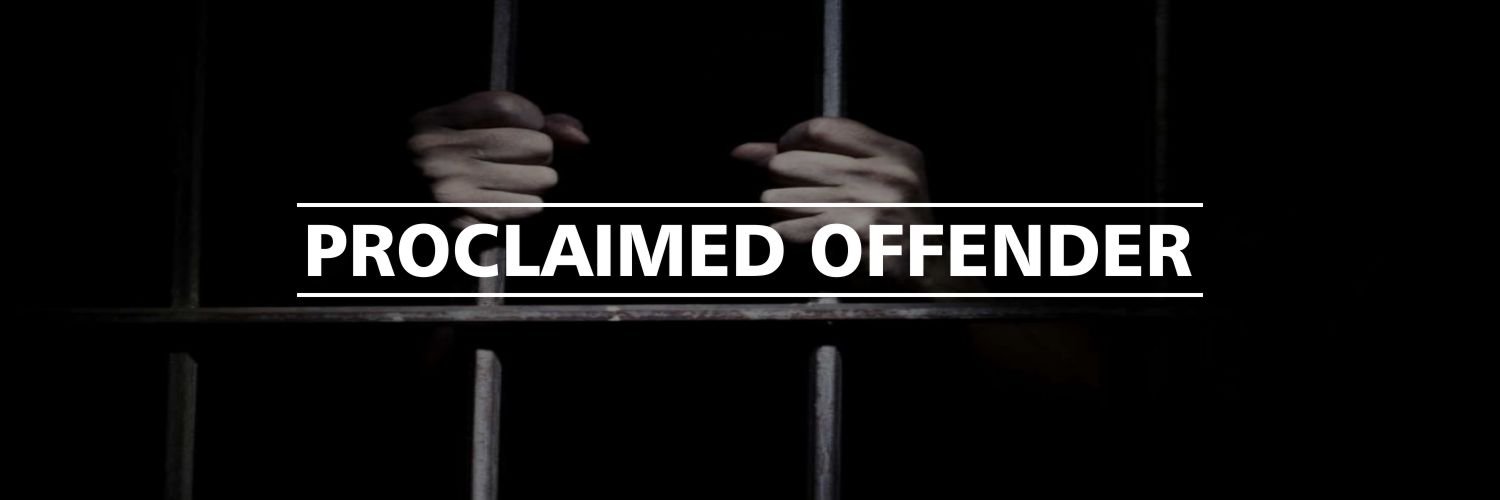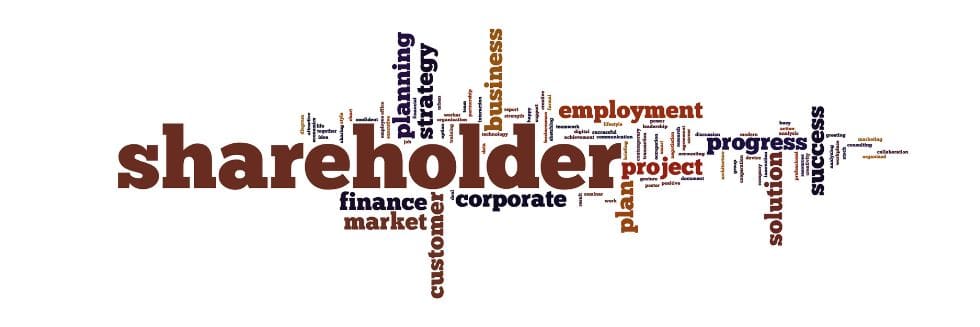Introduction
Execution is the final stage of any litigation process in civil suit. Basically, there are three stages in whole process of litigation:
- Initiation of litigation
- Adjudication and hearing of litigation by the judicial court of law.
- After the adjudication is complete, the result of litigation which is known as decree is enforced.
Execution – Explained
Execution of decree means Enforcement or implementation of result of litigation. The court of law can pronounce a decree only after civil litigation has been instituted with the presentation of plaint. The decree is the result of any litigation. It is the conclusion of adjudication of litigation. Implementation or execution will only be done when the parties has filed application in that regard. The court is not bound to execute a decree or an order. It will be executed or implemented by the court only as a facilitative feature and not an obligation. It is on the parties to approach the court of law for the execution of a decree. The court of law does not suo moto execute any decree or order. Only the court which has passed the judgment after the adjudication of litigation will execute the decree. But in some exceptional circumstances, the result of litigation i.e. decree can be implemented or executed by the courts other than the court which has passed the judgment.
Completion of execution proceedings
Execution is the way by which a decree holder can compel the judgment debtor to complete the tasks assigned to him by the court of law in the judgment or order given after the adjudication of litigation. This technique of execution of decree helps the decree holder to enjoy the fruits and result of any litigation process. The whole process of execution of decree will be completed only after the decree holder has got the awards and fruits which has been given to him by the judgment debtor as prescribed by the court of law.
Principles of execution proceedings
- These proceedings to the execution of decree and order are applicable to both the appeal and suit.
- These proceedings can be initiated by the courts who have passed the judgment but there is some exception in which the courts other than the judgment giving court can also execute the decree.
- The court can also send the decree to some other court for its efficient execution.
- The execution proceedings can also be passed against the legal representative of the deceased judgment debtor. The legal representative is equally liable for the satisfaction of decree with the decree-holder.
- The court executing the decree also has the power to arrest the judgment debtor in case he is trying to abscond from satisfying the decree passed against him. The court can also force him to appear before it to justify his situation.
Modes of Execution of decree
The decree can be executed in the following ways:
- By delivery of property to the decree-holder.
- By attachment of property of judgment debtor and further sale of that property
- Decree can also be executed by the arrest and detention of the judgment debtor.
- The court executing the decree can also appoint the receiver to get the awards so pronounced by the court on behalf of decree holder.
- The court executing the decree can also issue a precept against the judgment debtor which is a kind of writ or warrant.
